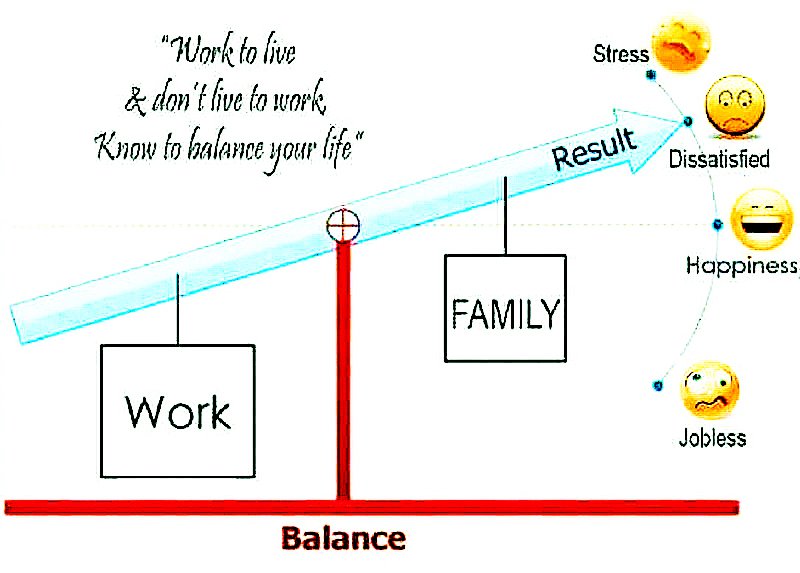Sometimes the boss might say, “What happened?” But there are plenty times when it doesn’t matter what went wrong.

It may seem like there’s no good way to deliver bad news to the boss. But when you deliver bad news in a way that increases the boss’s feeling of confidence in your competence to handle the bad news and that gives the boss a sense of control, you can actually deepen your working relationship with the boss.
How do we do this?
Number one is offering a little bit of control. This is as easy as walking into the boss’s office and saying, “Is now a good time to talk?” Let the boss decide. It may not be the right moment; maybe the boss is in the midst of prepping for the big board meeting.
Step two is sharing that there’s some bad news. All you want to say is, “I have some bad news about the Johnson account.” Don’t downplay the situation by saying, “I have some news that you may not love.” Soft-pedaling bad news is likely to backfire and drive the boss to say, “What do you mean? This is the most horrible thing ever and you’re sitting there like this is not that bad. What are you, nuts?” Downplaying bad news undermines the boss’s confidence in your competence.
And downplaying a troublesome situation is going to be extremely bad if your boss is among the 25% of people who are Analytical Communicators. These folks like hard data, real numbers, and tend to be suspicious of people who aren’t in command of the facts and data, or try to sugarcoat, cover-up, etc. (You can take this free communication styles assessment to assess your particular style and then use that insight to diagnose your boss as well).
Like this Article ? Share It ! You now can easily enjoy/follow/share Today our Award Winning Articles/Blogs with Now Over 2.5 Million Growing Participates Worldwide in our various Social Media formats below:
FSC LinkedIn Network: (Over 15K+ Members & Growing !) www.linkedin.com/in/frankfsc/en
Facebook: (over 12K) http://www.facebook.com/pages/First-Sun-Consulting-LLC-Outplacement-Services/213542315355343?sk=wall
educate/collaborate/network….Look forward to your Participation !
Continue of article:
Step three is to make sure the boss understands what the heck you’re talking about. So again, we say, “Boss, do you have a few minutes to talk? I’ve got some bad news about the Johnson account. Are you familiar with the work we’re doing on the Johnson account?”
Don’t take it for granted that the Johnson account is forefront in the boss’s mind. Sometimes the organization is too big and the boss doesn’t automatically know every single thing that’s going on. The boss may say, “Yes, I’m familiar with the Johnson account,” or the boss may say, “I don’t know the Johnson account; catch me up?” If it’s the latter, be prepared to give a concise response such as: “We’ve been working on the Johnson proposal for the past six months.” Provide only the necessary context for the bad news you’re about to share.
Approximately 19% of people are Functional Communicators. They like process, detail, timelines and well-thought-out plans. They like to communicate things in a step-by-step fashion so nothing gets missed. And if your boss is one of these folks, they will really appreciate having some background and context so that they feel totally up to speed. (You can dig deeper into these communication styles in my Forbes article “Which Of These 4 Communication Styles Are You?”)
The fourth step is to factually deliver the evidence. About 26% of people are Intuitive Communicators, and they want you to cut right to the chase. They don’t need every single piece of history or emotional musings; they really want to skip right to the end point. So you might say “After working with the Johnson account for a year and a half in what we thought was a very stable relationship, they’ve just called in three other firms to bid on the work that we’re doing with them.”
What you don’t want to say is, “I don’t want you to worry. I think this is going to be okay, but the Johnson account called in three other firms.” What the boss wants is a) the necessary information but also b) enough information to know that you grasp the seriousness of the situation. You don’t want to go in and say the sky is falling, “Oh my, gosh. This is the worst. It’s awful. We’re all going to die because they called in three other firms and just shoot me now!” That’s not fact-based communication. That’s histrionic. We don’t want that, but we also don’t want, “Don’t you worry. It’s going to be fine.” Neither of these approaches will increase the boss’s confidence in your abilities.
Now, once we’ve presented the evidence, we’re going to offer the boss a bit more control. We’re going to ask them, “That’s the situation. I have a few thoughts on some possible solutions. Is that something you would like to hear about right now?” The boss won’t always be looking for your solutions right away. You’ve had time to think this over, but the boss is just hearing about it now and may need some additional time to catch up. If the boss says “yes,” offer your solutions.
Notice that I say “solutions.” One of the single best things you can do is to bring the boss multiple solutions. This provides the boss with some options. The boss may want to wrestle with a couple of different ideas; and giving only one solution pretty much guarantees that they’re going to take your idea, discard it, and go look for their own ideas. This will make you feel irritated and it’s not serving the boss the best either.
Once we present some solutions and a resolution is decided upon, confirm the resolution with the boss. “So we’ve decided that we’re going to do ____ and you want me to handle X, Y and Z parts of this. You’re going to handle A, B and C parts of this. Is that correct?” Just like when you get an assignment, state back with crystal clear accuracy exactly what it is you’re going to be doing to eliminate any chance of misunderstanding. This also helps to build the boss’s confidence.
One final piece to this; you may have noticed that up to now we haven’t given the boss the root cause of what went wrong. There’s a reason for that. You can offer the root cause if you are asked for it. But oftentimes, when you bring bad news, the root cause doesn’t really matter; it doesn’t help solve the problem in the here and now.
Sometimes the boss might say, “What happened?” But there are plenty times when it doesn’t matter what went wrong. If your computer crashed ten minutes before an important presentation, all that matters in those precious moments is finding a way to make that presentation. You can deal with the computer later. There will likely be a time down the road when the boss will ask for the root cause, after the crisis has been averted.
Mark Murphy is a NY Times bestseller, author of Hiring For Attitude, and founder of Leadership IQ.
Forbes.com | May 1, 2016 | Mark Murphy


















 Responding to emails during off-work hours isn’t the only area in which you need to set boundaries. You need to make the critical distinction between what belongs to your employer and what belongs to you and you only. The items that follow are yours. If you don’t set boundaries around them and learn to say no to your boss, you’re giving away something with immeasurable value.
Responding to emails during off-work hours isn’t the only area in which you need to set boundaries. You need to make the critical distinction between what belongs to your employer and what belongs to you and you only. The items that follow are yours. If you don’t set boundaries around them and learn to say no to your boss, you’re giving away something with immeasurable value.